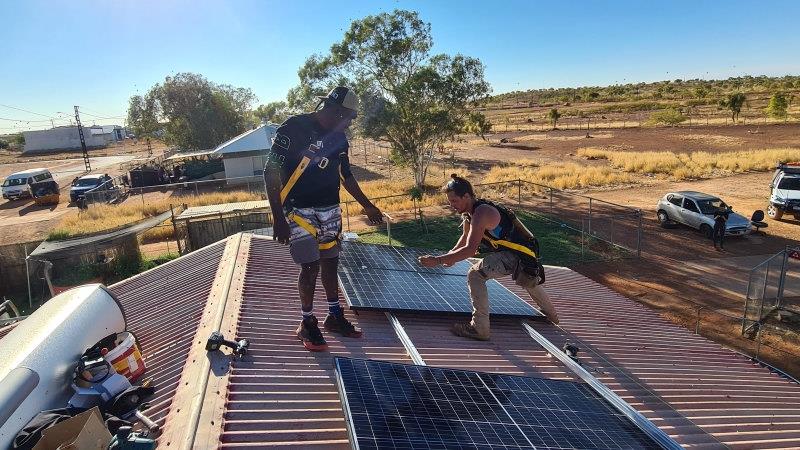While COVID-19 booster shot eligibility is continuing to expand in the U.S., not all doctors believe that’s where the focus should be in the fight against the coronavirus.
“Honestly, I think that boosters right now are a bit of a distraction away from where we should be focused, which is getting first doses, especially since we know that even now, even with Delta surging, the primary doses of the vaccines are highly protective against serious infection, against hospitalization,” Dr. Anand Swaminathan, a New Jersey-based emergency medicine physician, said on Yahoo Finance Live (video above).
In most states, booster shots are available for those over the age of 65, people with certain underlying medical conditions, and people working in occupations considered to be higher risk in accordance with CDC guidelines.
“These boosters will temporarily increase the antibodies that are circulating which then temporarily will improve our effectiveness against fighting COVID in any form,” Swaminathan said. “But it doesn’t really give us the long-term immunity that we’re looking for, doesn’t really boost that as much, or at least we don’t know that it does."
'Boosters aren’t really getting to those that are higher risk'
Currently, 58.5% of the U.S. population is fully vaccinated while 67.7% have received at least one dose. (13.4% of those who are fully vaccinated have received a booster shot.)
As part of an effort to ramp up vaccinations, President Biden recently announced that companies with more than 100 employees will need to require their workers to get vaccinated or submit to weekly testing. The requirement is currently blocked by a federal appeals court.
This comes as the country recently surpassed 46.6 million coronavirus cases and 755,000 deaths. A report out of Texas found that unvaccinated individuals in the state were 40 times more likely to die from COVID in 2021 than those who were fully vaccinated.
But breakthrough cases have become more common due to the virulence of the Delta variant, which is where booster shots come into the conversation.
Though extensive details haven't been shared yet, preliminary data from Pfizer indicated that "receiving an additional booster dose of their COVID-19 vaccine after having had the initial two doses increases the amount of Delta variant antibodies five-fold in 18- to 55-year-olds and 11-fold in 65- to 85-year-olds," according to Medical News Today.
However, Swaminathan doesn’t think that boosters are “really going to affect very much” for several reasons.
“What we’re looking to prevent is the hospitalizations and the serious infections, and we don’t know that boosters really do that,” Swaminathan said. “On top of that, we’ve got some data out of the Kaiser Family Foundation showing that the groups of people that are getting boosters tend to be higher socioeconomic status, they tend to be whiter, they tend to be older.”
And with the exception of those who are older, he added, “we’re not really seeing booster uptake being very high in the higher-risk population. So boosters aren’t really getting to those that are higher risk.”
Rather than using resources towards distributing booster shots that may not be fully effective, efforts should be directed towards getting first doses in individuals both in the U.S. and around the world, Swaminathan argued.
“Right now, the U.S. is administering more boosters than many countries are administering any kind of vaccine, any level of vaccination,” Swaminathan said. “And until we get better vaccine equity globally, we’re not really going to be able to fight this pandemic. We’re going to see more deaths and more dangerous variants.”
Adriana Belmonte is a reporter and editor covering politics and health care policy for Yahoo Finance. You can follow her on Twitter @adrianambells and reach her at [email protected].
Read the latest financial and business news from Yahoo Finance
Follow Yahoo Finance on Twitter, Instagram, YouTube, Facebook, Flipboard, and LinkedIn
Source: Read Full Article


